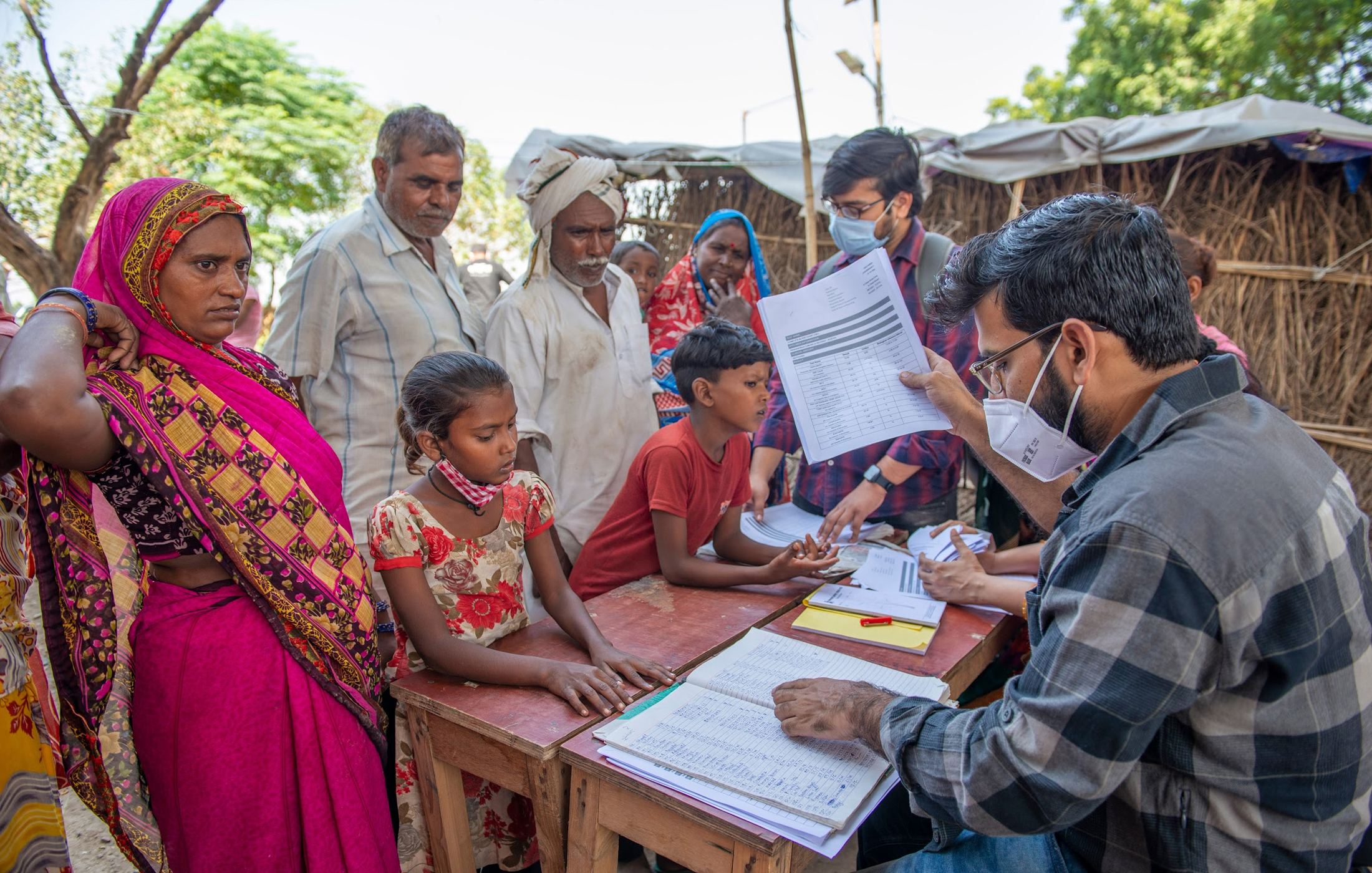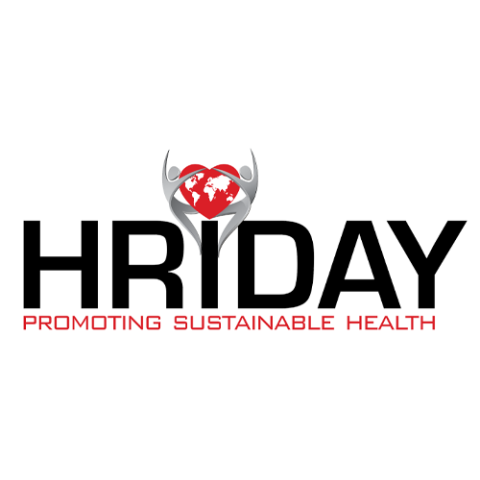Carrying out a health equity assessment: Healthy India Alliance’s evidence-based approach
For over two decades, HRIDAY and the Healthy India Alliance (HIA), founded in 2015, have been dedicated to amplifying the voices of people living with NCDs and communities, ensuring that their lived experiences are at the core of NCD prevention and control efforts. The India Advocacy Agenda, developed by HIA, calls for equitable access and inclusivity, and is now embodied in the National Programme for NCDs, calling for operationalising the meaningful involvement of people living with NCDs.
HIA, in partnership with the Indian Institute of Public Health, Hyderabad (IIPH-H), is now conducting an NCD equity assessment guided by NCD Alliance’s Health Equity Conceptual Framework and Equity in Action: Practical Guide and Tool. This assessment is being conducted in two different geographic and socio-political contexts, one each in North and South India. A National NCD Equity Report will be developed to strengthen evidence, raise awareness, and address inequities in NCD care in India, focusing on strategies to improve care for underserved communities. HIA is using a consultative and participatory approach to ensure that lived experience voices shape the National NCD Equity Report. A National Expert Advisory Group of individuals with lived experiences of NCDs, equity experts, social scientists, and healthcare professionals is providing high-level guidance to this process. A Working Group with expertise in public health and equity assessment is steering the report development process. The assessment includes Key Informant Interviews (KIIs) to better understand the barriers and solutions to more equitable NCD programmes, as well as In-Depth Interviews (IDIs) and Community Conversations with persons with lived experience of NCDs, and champions.
Identifying barriers together with the people who face them
Emerging themes from interviews and Community Conversations highlight key issues in NCD care, including the differences in understanding the concept and need for health equity among marginalised communities; socio-economic and demographic factors limiting access to NCD care; stigma; discrimination; and drivers of inequity.
Supporting her preference for private healthcare facilities for NCD care, a rural woman from Telangana (in South India) with lived experience of NCDs shared: “In the government hospitals, they do not give us proper medicines, they don’t take proper care of patients, or there may be delays in providing treatment. As we are farmers, if we get cured at the earliest, we can go back to the farm and work, so our wages are not cut, that’s why we like going to the private facility.”
Intersectionality emerged as a critical issue in NCD prevention and care, with factors such as gender, socioeconomic status, education and geographic location interacting to compound and intensify unmet healthcare needs.
“Gender is one thing – women are often unable to access NCD services. No matter which state you are in, somebody needs to be there to take you to a hospital, like a male member or someone needs to be there. And women particularly are not aware how system works in the hospital. So even if they go alone, they're unable to avail the service because they don't speak out. They don't understand what to say, where to say it, and how to, you know, express themselves. That becomes a huge issue.”
CSO representative in New Delhi (in North India)
Equity in action: how the findings will be used
The NCD Equity assessment enabled HIA to deep-dive into the Health Equity Conceptual Framework, identify barriers to equity, and develop policy solutions relevant to the Indian context. Positioning people living with NCDs at the core of all processes related to the NCD response—spanning governance, policies, programmes, and services—from design and planning to implementation, operationalisation, and evaluation is crucial.
Following the development of the report, it will be disseminated to relevant stakeholders, such as those involved in developing national health programmes and policies. As the 2025 UN High-level Meeting on NCDs approaches, this report will also guide HIA's efforts to build a comprehensive roadmap for promoting equitable NCD care and advancing UHC goals.
The equity assessment and the development of the National NCD Equity Report was supported by NCD Alliance with thanks to its partnership with Bristol Myers Squibb.





